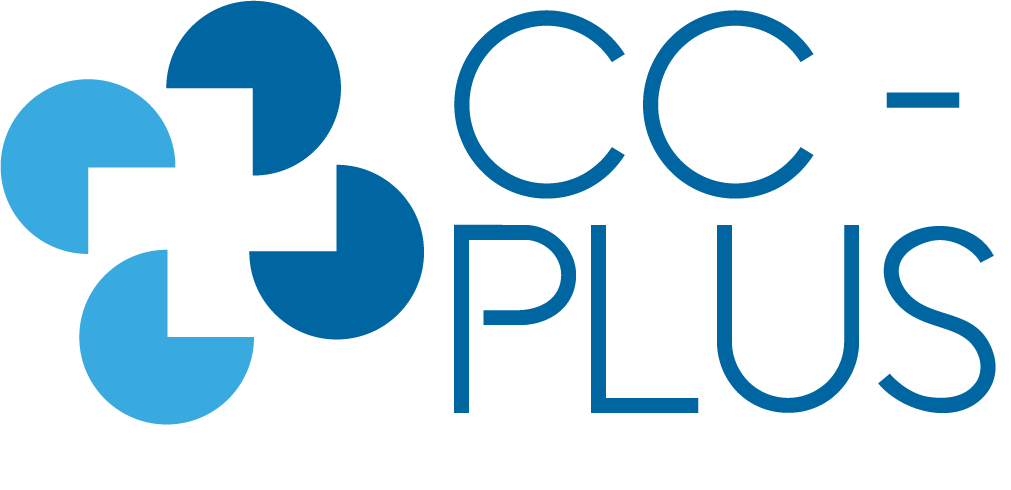The CC-PLUS project is nearing the completion of the first year of its current two year IMLS-funded project grant. The grant project is scheduled to end in September 2020.
The Product Management Team has built an extensive list of requirements that will be used as the project is developed. Wireframe mock-ups of the interface were shared with the Steering Committee, and planning for a pilot/road test will be discussed soon. The UX Developer originally contracted for this project has stepped away due to other commitments, and a new contractor is being recruited for this role.
Lorraine Estelle provided an update about the development of the COUNTER consortial tool, which is still in progress, noting that the annual COUNTER survey had highlighted the great need consortia have for these tools. Jo Lambert shared a draft letter about COUNTER R5 that would encourage publishers and content providers to achieve compliance with the Steering Committee.
The Steering Committee had an initial discussion about opportunities and challenges related to the future CC-PLUS business model, such as the sustainability of the community and tools being created, a long-term home for the project and software, and service providers and funding models. The conversation included developing a common understanding of the vision of CC-PLUS, the expectations and roles of the community after the grant has concluded, and explored sustainability options and possible roles for ICOLC or other organizations.
